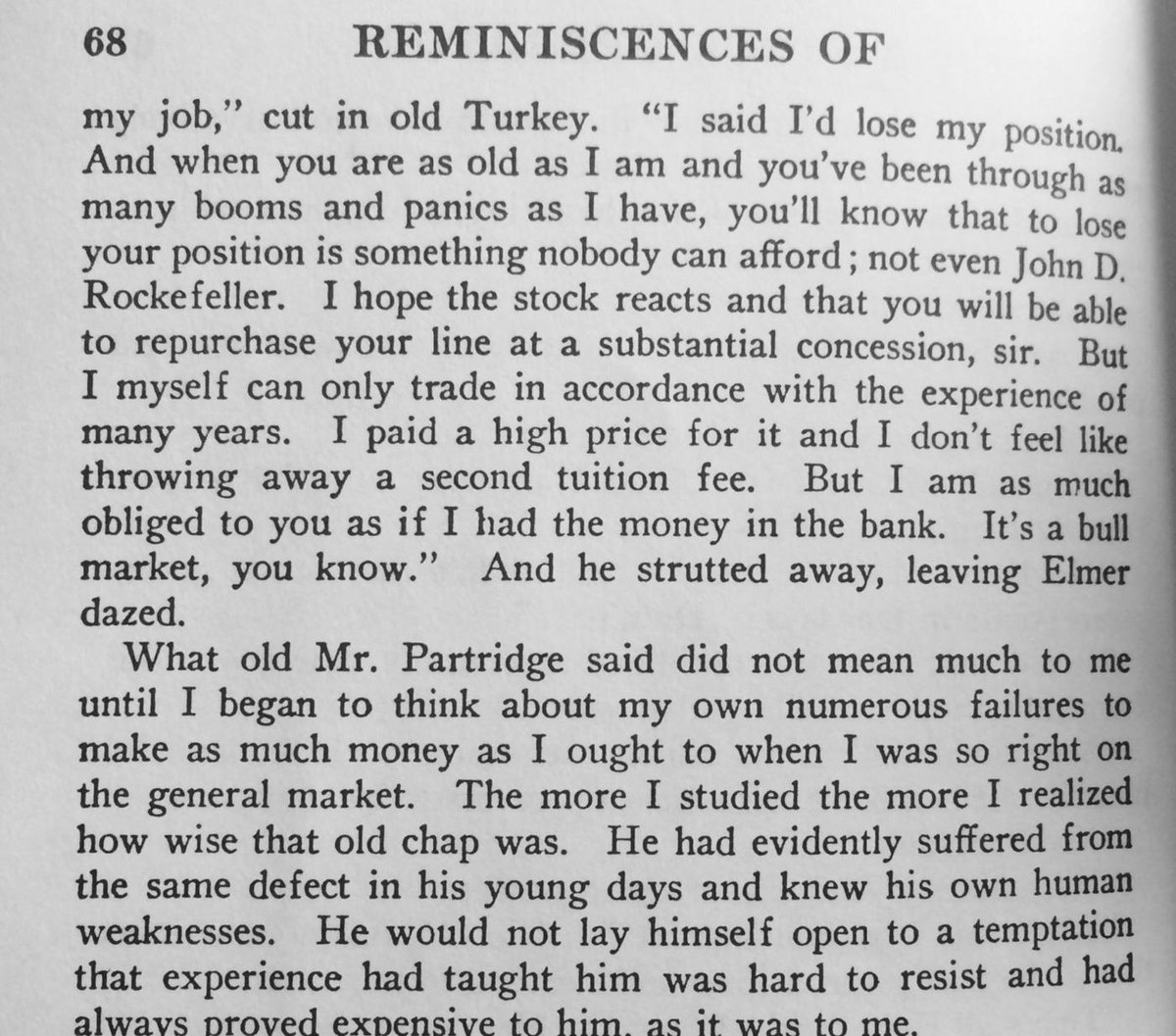PESSIMISM
Pessimism is defined as a tendency to stress the negative or unfavorable or take the gloomiest possible view. Obviously, the successful trader is not pessimistic. If so, then he would never trade in the first place or if he did, he would only trade short; a “permabear” if you will. A purely pessimistic trader would also doubt his edge, doubt any market direction, only trade after the move has happened, cut his winners short while allowing his losers to run, overtrade, under invest, etc etc. In other words, a purely pessimistic trader would break all the rules.
OPTIMISM
Optimism is defined as the inclination to anticipate the best possible outcome while believing that most situations work out in the end for the best. The unsuccessful trader, especially the beginning trader, is optimistic about getting rich in the stock market. No matter what every trade will eventually make money he reasons. The optimistic trader also loads up on a “sure thing”, seeks to justify every trade via confirmation bias, adds to losers, brags about winners while hiding losers, refuses to develop as a trader, etc etc. Just as with pessimism, the optimistic trader breaks the rules.



 Fear, hope and greed are probably the three most common emotions traders deal with. Holding on to losers, exiting too early, or jumping in before confirmation are just a few examples of the things we do when emotion manages our trades for us. Trading without well-defined boundaries can be tempting, especially when things like intuition and “gut feeling” are things we take pride in as human beings.
Fear, hope and greed are probably the three most common emotions traders deal with. Holding on to losers, exiting too early, or jumping in before confirmation are just a few examples of the things we do when emotion manages our trades for us. Trading without well-defined boundaries can be tempting, especially when things like intuition and “gut feeling” are things we take pride in as human beings.